Welcome to our curated list of the top 12 books about ethics that will challenge your moral compass and broaden your understanding of ethical dilemmas. In a world where ethical decision-making is more critical than ever, these books offer invaluable insights, timeless wisdom, and thought-provoking perspectives.
From classic philosophical texts to modern explorations of ethical issues by leaders in various fields, this diverse selection covers various topics, including moral philosophy, applied ethics, and ethical leadership. Whether you’re a student, professional, or simply a curious mind seeking to delve deeper into ethical considerations, these books will surely engage, enlighten, and inspire meaningful discussions. Join us as we embark on a journey of ethical exploration through the pages of these compelling reads.
1. The Nicomachean Ethics by Aristotle
The Nicomachean Ethics by Aristotle is a timeless masterpiece that delves into the depths of ethics and moral philosophy. Aristotle explores the nature of virtue, moral character, and the pursuit of eudaimonia, or human flourishing. His comprehensive framework provides practical guidance for leading a virtuous and moral life. Aristotle argues that virtues are not innate but developed through habituation and conscious effort. By striking a balance between extremes, individuals can lead a virtuous life. Courage, temperance, and justice are among the virtues he emphasizes. Through engaging examples and rigorous analysis, Aristotle challenges readers to reflect on the complexities of ethical decision-making and the ultimate quest for a good life.
Aristotle’s approach to ethics has profoundly influenced Western philosophy, providing a foundation for ethical theories such as virtue ethics. His exploration of moral character and pursuit of eudaimonia resonates with readers across time and cultures. By regarding moral progress and emphasizing the importance of cultivating virtues and achieving a well-lived life, The Nicomachean Ethics inspires individuals to reflect on their actions and strive for personal and moral growth.
2. Utilitarianism by John Stuart Mill
Utilitarianism by John Stuart Mill is a seminal work in moral philosophy that advocates for the ethical theory of utilitarianism. Mill argues that the morality of a person or actions should be determined by their consequences and the overall happiness or utility they bring to the greatest number of people. He introduces the principle of the greatest happiness or good, suggesting that actions are evaluated based on their capacity to maximize happiness and minimize suffering.
Mill’s utilitarianism provides a consequentialist approach to ethics, focusing on the outcomes of actions rather than rigid moral rules. He explores utilitarianism’s complexities and potential criticisms, addressing concerns such as the quality of happiness, individual rights, and the role of justice. Mill argues that utilitarianism promotes society’s overall well-being and fosters a more equitable distribution of happiness.
Utilitarianism remains a foundational moral philosophy, shaping debates and discussions about ethical decision-making. Its focus on the consequences of actions and the pursuit of the greatest happiness challenges readers to critically evaluate their choices and consider the broader impact on society. Mill’s work is a thought-provoking exploration of the moral principles that guide our actions and their implications for the common good.
3. Meditations by Marcus Aurelius
Meditations, written by the Roman Emperor Marcus Aurelius, provide readers with a captivating glimpse into the philosophical reflections and personal meditations of one of history’s great Stoic philosophers. Composed as a series of notes to himself, this book offers profound insights into Aurelius’ thoughts on ethics, virtue, and the nature of human existence.
Aurelius emphasizes the importance of living a life of moral integrity and finding inner peace amidst the chaos of the external world. He encourages individuals to cultivate virtues such as wisdom, courage, and justice, recognizing the impermanence of life and the importance of focusing on the present moment. Aurelius’ meditations offer practical guidance for navigating life’s challenges and embracing a stoic mindset.
Meditations inspire readers to engage in introspection, contemplate their own lives, and strive for personal growth and ethical living. Aurelius’ emphasis on self-discipline, rationality, and accepting one’s place within the universe encourages individuals to find meaning and purpose in their actions. This philosophical work inspires those seeking a deeper understanding of themselves and the world around them, reminding us to live virtuously and embrace the inherent beauty of existence.
Are you ready to embark on an enriching journey while being ethical?
Contact Growth Hackers
4. The Republic by Plato
The Republic, authored by the ancient Greek philosopher Plato, is a monumental work that delves into various philosophical ideas, including ethics, history, and political theory. Through the character of Socrates, Plato explores questions about justice, the nature of the soul, and the ideal society.
In The Republic, Plato presents a vision of a just society governed by moral philosophers–kings. He examines different forms of governance, arguing that a just and harmonious society can only be achieved through the rule of wise and virtuous leaders. Plato also discusses the role of education in shaping individuals and society, emphasizing the importance of cultivating moral virtues and philosophical wisdom.
By addressing ethical dilemmas and envisioning an ideal society, The Republic challenges readers to critically analyze the foundations of morality and contemplate the nature of justice and the good life. Plato’s exploration of these fundamental questions continues to influence political and ethical discourse, inviting readers to reflect on the nature of truth, morality, and the purpose of human existence.
5. Groundwork of the Metaphysics of Morals by Immanuel Kant
Groundwork of the Metaphysics of Morals by Immanuel Kant is a foundational work in moral philosophy. Kant aims to establish a groundwork for moral principles based on reason and universal ethics. He argues for a categorical imperative, a moral law that applies to all rational beings regardless of their desires or circumstances.
Kant emphasizes the importance of acting out of a sense of duty and upholding moral principles derived from rationality and political science rather than personal inclinations. He proposes that moral actions should be guided by treating others as ends in themselves and not merely as a means to an end. This principle emphasizes respect for the autonomy and inherent dignity of individuals.
By presenting a deontological ethical framework, Kant challenges readers to consider the moral worth of actions based on their underlying principles rather than their outcomes. He explores concepts such as freedom, rationality, and goodwill.
Groundwork of the Metaphysics of Morals continues to be influential in contemporary moral philosophy, sparking debates and discussions on the nature of moral obligations and the role of reason in ethical decision-making. Kant’s emphasis on universal principles and the intrinsic value of moral actions invites readers to critically evaluate their ethical beliefs and consider the broader implications of their choices.
6. Justice: What’s the Right Thing to Do? by Michael J. Sandel
In Justice: What’s the Right Thing to Do?, Michael J. Sandel explores justice’s complex and thought-provoking nature. Drawing from the best books, a wide range of philosophical perspectives, and real-world examples, Sandel challenges readers to critically examine their assumptions about justice and ethical decision-making.
Sandel addresses various ethical dilemmas, such as the distribution of wealth, the role of markets, and the limits of individual freedom. He presents contrasting theories of justice, including utilitarianism, libertarianism, and theories based on principles of fairness and equality. Sandel encourages readers to consider the ethical implications of their beliefs and values by examining these perspectives and engaging them in moral reasoning exercises.
Through clear and accessible prose, Justice: What’s the Right Thing to Do? Invites readers from all backgrounds to participate in a meaningful exploration of justice and morality. It provokes thoughtful discussions about how society should distribute resources, make decisions, and establish a just and equitable framework.
Sandel’s book transcends academic discourse, resonating with readers interested in understanding the complexities of justice and applying ethical principles to real-world issues. By examining the fundamental questions of right and wrong, Justice prompts readers to develop a more informed and nuanced understanding of justice in society.
7. Practical Ethics by Peter Singer
Practical Ethics by Peter Singer is a groundbreaking work that explores ethical and moral issues across various domains, ranging from animal rights and environmentalism to global poverty, ethics in entrepreneurship and bioethics. Singer challenges conventional moral frameworks and calls for a more inclusive and compassionate approach to ethics.
One of the central themes in Practical Ethics is the concept of speciesism, which Singer argues is an unjustifiable bias in favor of humans over other sentient beings. He advocates for the ethical consideration of all beings capable of experiencing pleasure or suffering, emphasizing the importance of reducing animal suffering and promoting animal welfare.
Singer also addresses the pressing issue of global poverty and the moral obligations of affluent individuals and nations to alleviate suffering and promote social justice. He argues for a moral framework that emphasizes helping those in need and overcoming the vast disparities in wealth and resources.
By tackling controversial topics and presenting logical arguments backed by empirical evidence and social psychology, Singer challenges readers to critically examine their moral beliefs and consider the practical implications of their ethical choices. Practical Ethics serves as a call to action, inspiring individuals to make informed decisions that promote fairness, compassion, and the well-being of all sentient beings.
8. The Ethics of Ambiguity by Simone de Beauvoir
The Ethics of Ambiguity by Simone de Beauvoir is a seminal feminist work exploring existentialist ethics and human freedom’s nature. Beauvoir argues that individuals face the inherent ambiguity of existence and the responsibility to create their values and ethics.
Drawing on existentialist philosophy, Beauvoir challenges traditional notions of ethics by emphasizing the importance of subjective freedom and personal responsibility. She examines how our relationships with others shape our moral choices and sense of identity.
The Ethics of Ambiguity also delves into the ethical implications of gender inequality and the oppression of women in society. Beauvoir critiques the patriarchal structures that limit women’s freedom and argues for recognizing women as autonomous individuals deserving of equal rights and opportunities.
By highlighting the complexity and ambiguity of human existence, Beauvoir encourages readers to embrace their freedom and make ethical choices that align with their values and beliefs. The Ethics of Ambiguity challenges readers to critically examine societal norms, question oppressive systems, and work towards a more inclusive and egalitarian world.
9. Being Mortal: Medicine and What Matters in the End by Atul Gawande
Being Mortal: Medicine and What Matters in the End by Atul Gawande is a thought-provoking exploration of ethics in end-of-life care. Gawande delves into the complex intersection of medicine, aging, and mortality, challenging the prevailing approach to healthcare for the elderly and terminally ill.
Gawande examines the shortcomings of modern medicine when it comes to addressing the needs and desires of patients nearing the end of their lives. He advocates for a more patient-centered approach that focuses on improving quality of life, preserving dignity, and honoring individual preferences.
Through poignant personal anecdotes and in-depth research, Gawande prompts readers to confront their mortality and consider the ethical implications of medical interventions. He raises important questions about the balance between extending life and preserving its meaning and quality.
Being Mortal catalyzes discussions about the importance of open conversations regarding end-of-life care and the ethical considerations surrounding medical decision-making. Gawande’s compassionate and empathetic approach challenges readers to reflect on what truly matters in the face of mortality and inspires a reevaluation of traditional healthcare practices.
Immerse yourself in these captivating books about ethics and embark on a path of personal growth!
10. The Moral Landscape: How Science Can Determine Human Values by Sam Harris
The Moral Landscape by Sam Harris explores the relationship between science and ethics, challenging the notion that morality is purely subjective or rooted in religious beliefs. Harris argues that scientific inquiry can inform our understanding of human values and guide ethical decision-making.
Harris proposes that moral values can be evaluated based on their capacity to promote human well-being and reduce suffering. He advocates for a science-based approach to ethics, where objective facts about human flourishing are used to inform moral judgments.
Through rigorous analysis and compelling arguments, Harris challenges the moral relativism often associated with ethical debates. He explores controversial topics such as the intersection of science and religion, the nature of good and evil, and the role of reason in moral decision-making.
The Moral Landscape sparks important conversations about the nature of morality and the potential for scientific insights to shape our ethical frameworks. Harris invites readers to think critically and consider the practical implications of a scientifically informed approach to morality.
By presenting a framework that bridges the gap between science and ethics, Harris encourages readers to consider the moral implications of their actions and the broader societal impact of ethical decision-making. The Moral Landscape explores how science can contribute to our understanding of human values and guide our moral choices.
11. Ethics: A Very Short Introduction by Simon Blackburn
Ethics: A Very Short Introduction by Simon Blackburn provides a concise and accessible introduction to the field of ethics. Blackburn explores key concepts and debates in ethics, offering readers a comprehensive overview of ethical theories, professional ethics, and frameworks.
The book covers various topics, including the nature of moral judgments, the relationship between ethics and religion, and the challenges of moral relativism. Blackburn presents different ethical perspectives, such as consequentialism, deontology, and virtue ethics, and encourages readers to critically evaluate these theories.
By presenting real-life ethical dilemmas and thought experiments, Blackburn engages readers in ethical reasoning and prompts them to consider the implications of their moral choices. He emphasizes the importance of rationality, empathy, and moral deliberation in ethical decision-making.
Ethics: A Very Short Introduction serves as a valuable starting point for readers interested in exploring ethics as a field of study or grappling with ethical questions in their personal and professional lives. It provides a solid foundation for understanding ethical principles and encourages readers to develop their ethical framework based on critical thinking and reflection.
12. Ethics in the Real World: 82 Brief Essays on Things That Matter by Peter Singer
Ethics in the Real World by Peter Singer is a collection of thought-provoking essays that tackle a wide range of contemporary ethical issues. Singer’s essays cover animal rights, global poverty, climate change, medical and business ethics.
Through concise and accessible writing, Singer presents compelling arguments and challenges readers to critically examine their beliefs and values. He raises important questions about our responsibilities towards the less fortunate, the ethical implications of digital technologies, our consumption choices, and the need for global cooperation in solving pressing ethical dilemmas.
Singer’s approach to ethics is rooted in utilitarianism, emphasizing the importance of maximizing overall happiness and minimizing suffering. He advocates for practical solutions to ethical problems and invites readers to consider the broader consequences of their actions.
Ethics in the Real World serves as a guidebook for ethical living, offering readers a wealth of practical examples and ethical thinking frameworks to navigate the complexities of the modern world. Singer’s engaging and persuasive writing style makes this collection accessible to many readers, inviting them to engage in meaningful discussions and take action on the most important ethical issues.
Growth Hackers is a traction-driven growth hacking agency helping businesses from all over the world grow. There is no fluff with Growth Hackers. We help entrepreneurs and business owners apply the insights from the books about ethics, increase their productivity, generate qualified leads, optimize their conversion rate, gather and analyze data analytics, acquire and retain users and increase sales. We go further than brand awareness and exposure. We make sure that the strategies we implement move the needle so your business grow, strive and succeed. If you too want your business to reach new heights, contact Growth Hackers today so we can discuss about your brand and create a custom growth plan for you. You’re just one click away to skyrocket your business.

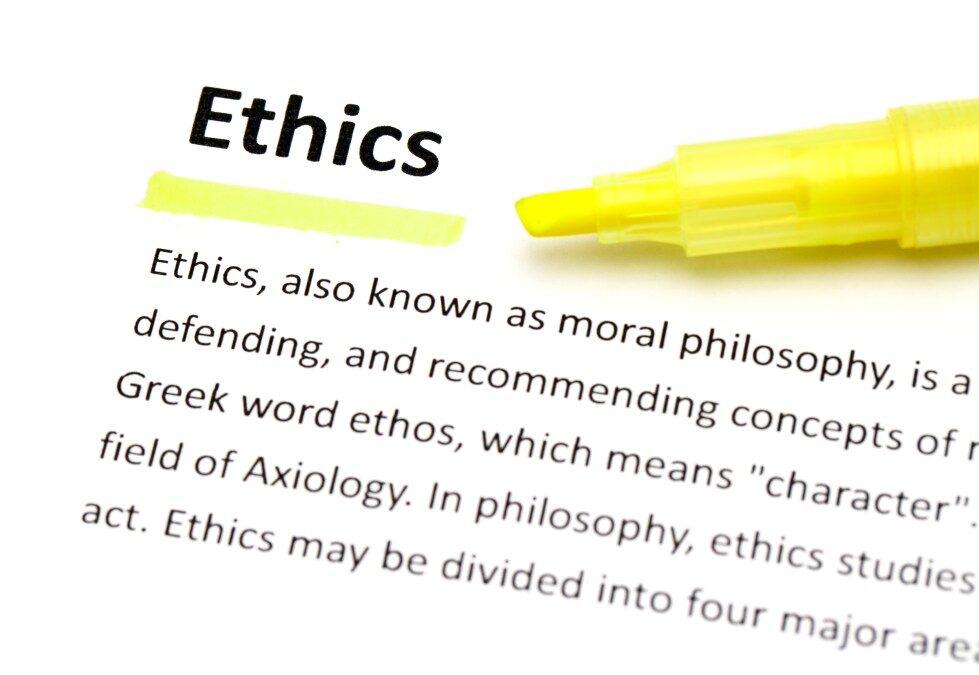
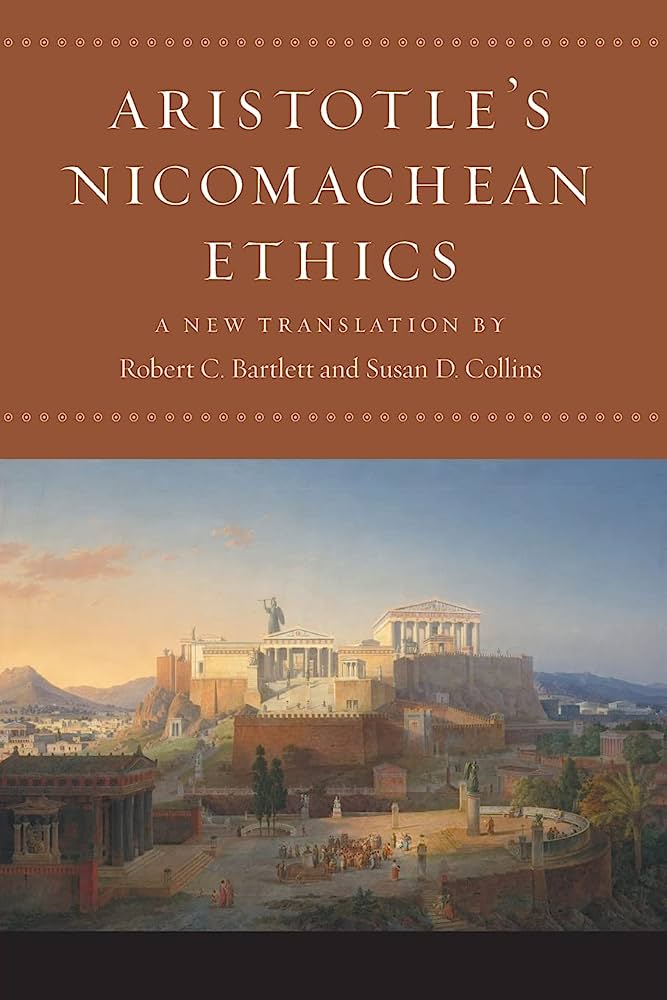
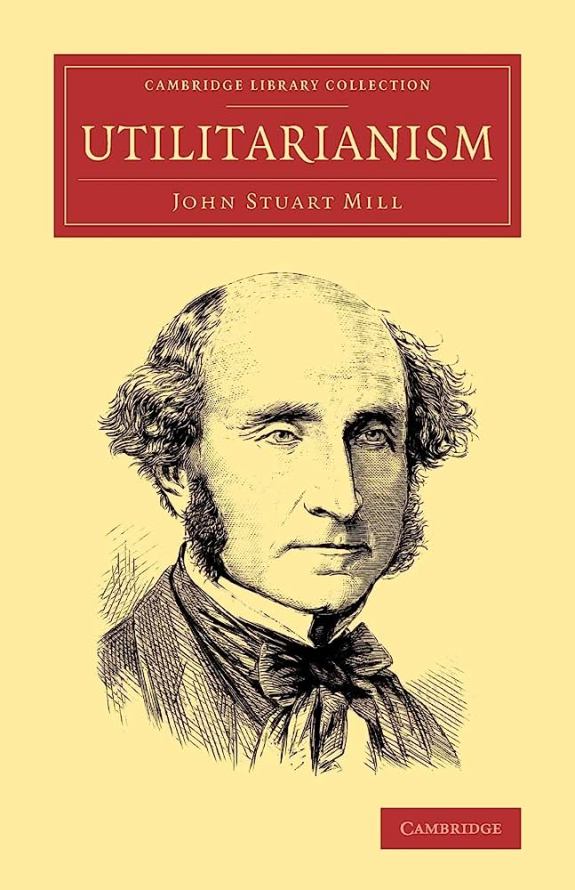
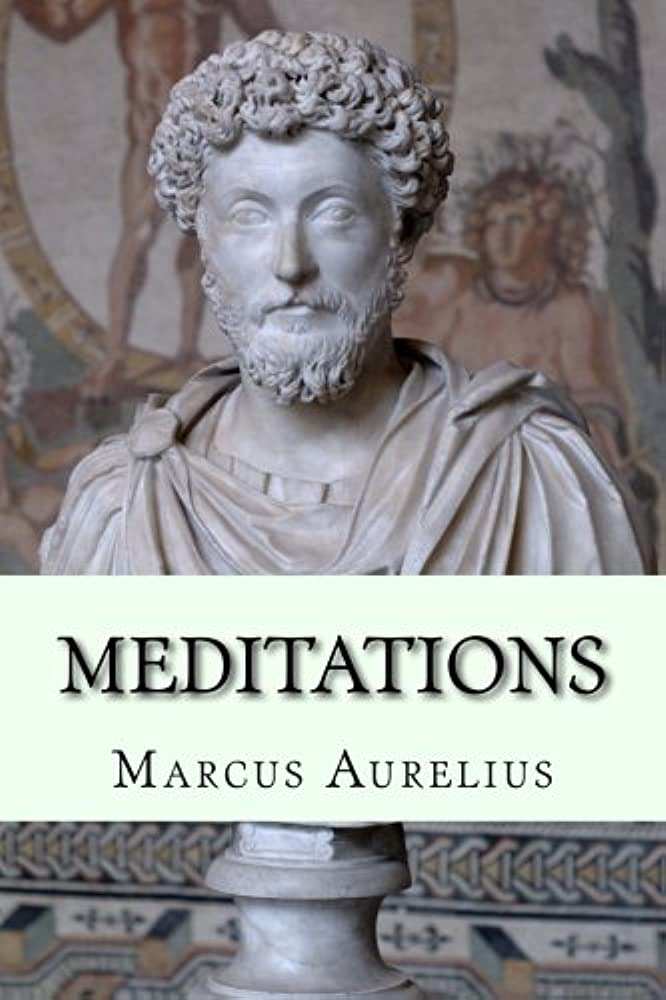
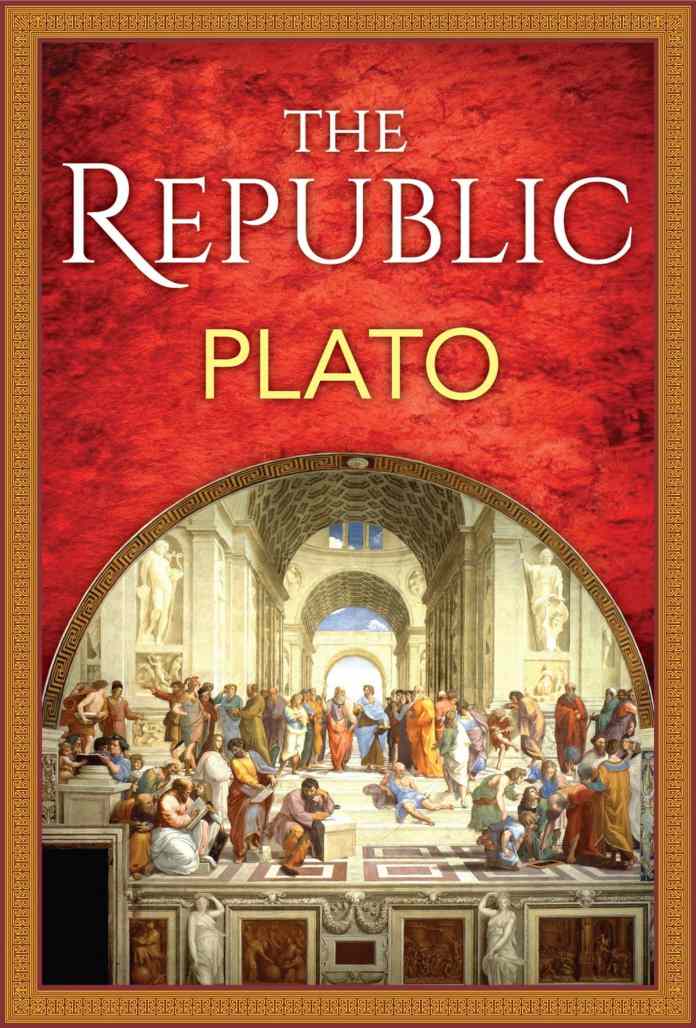
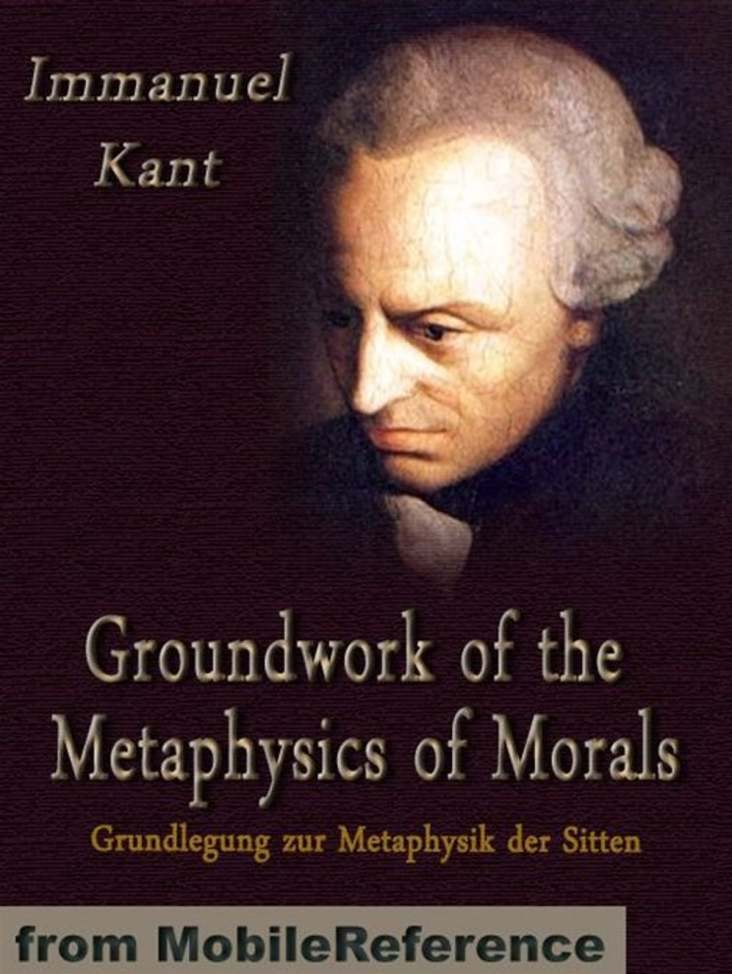
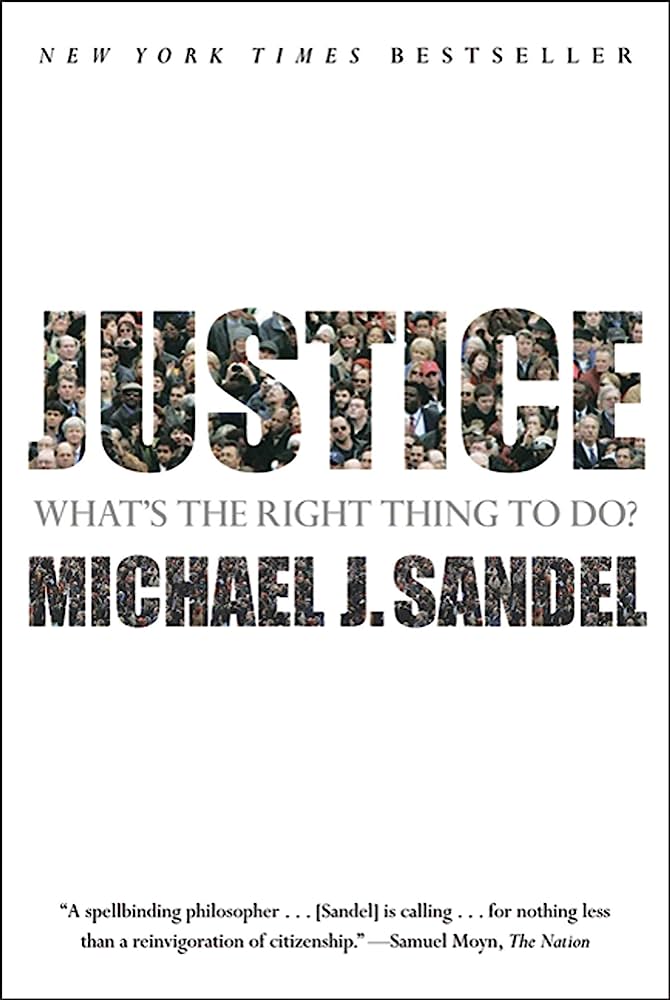
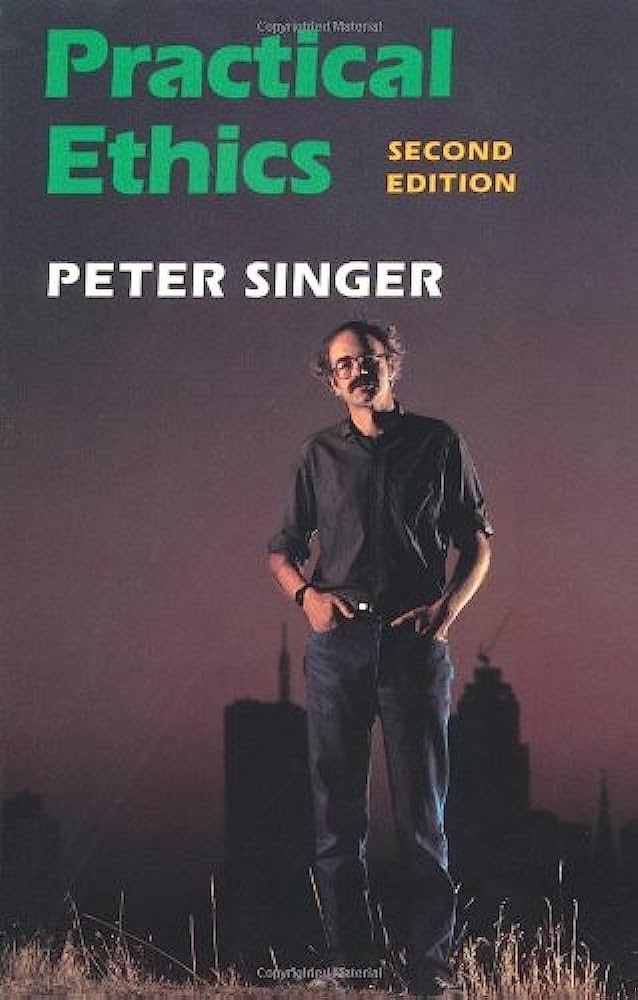
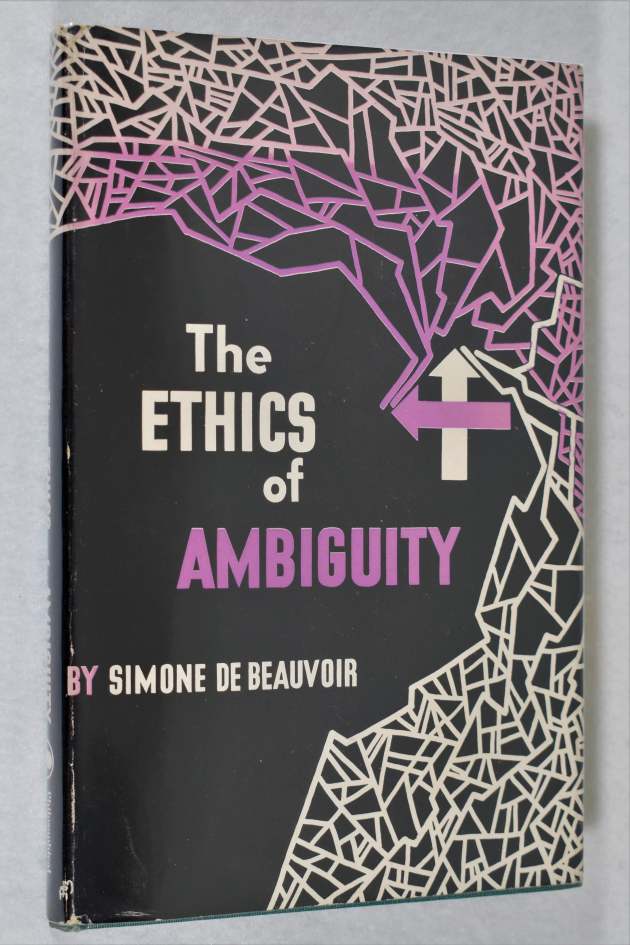
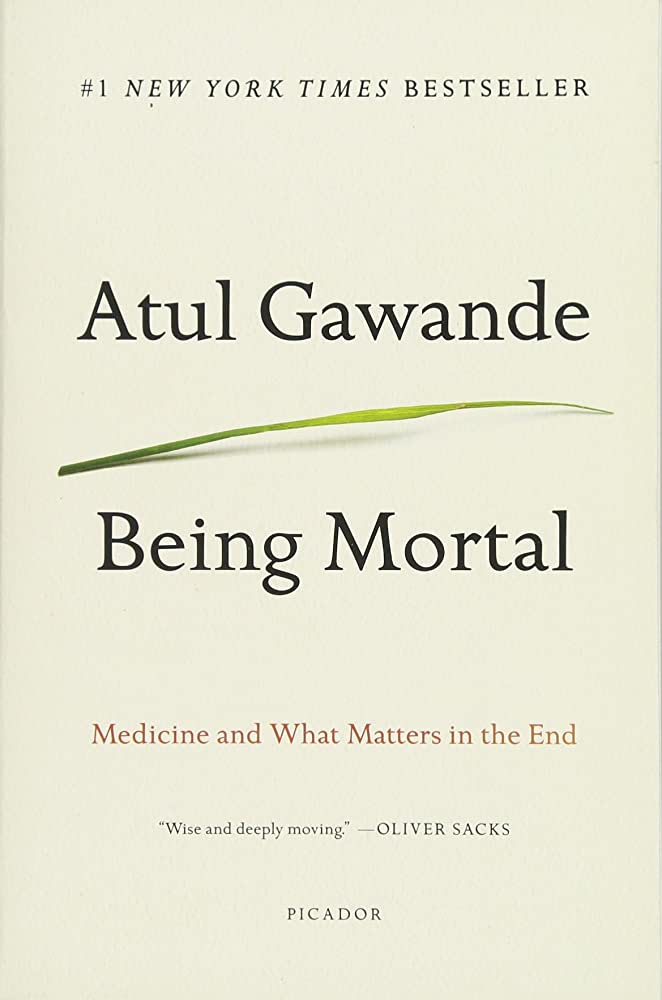
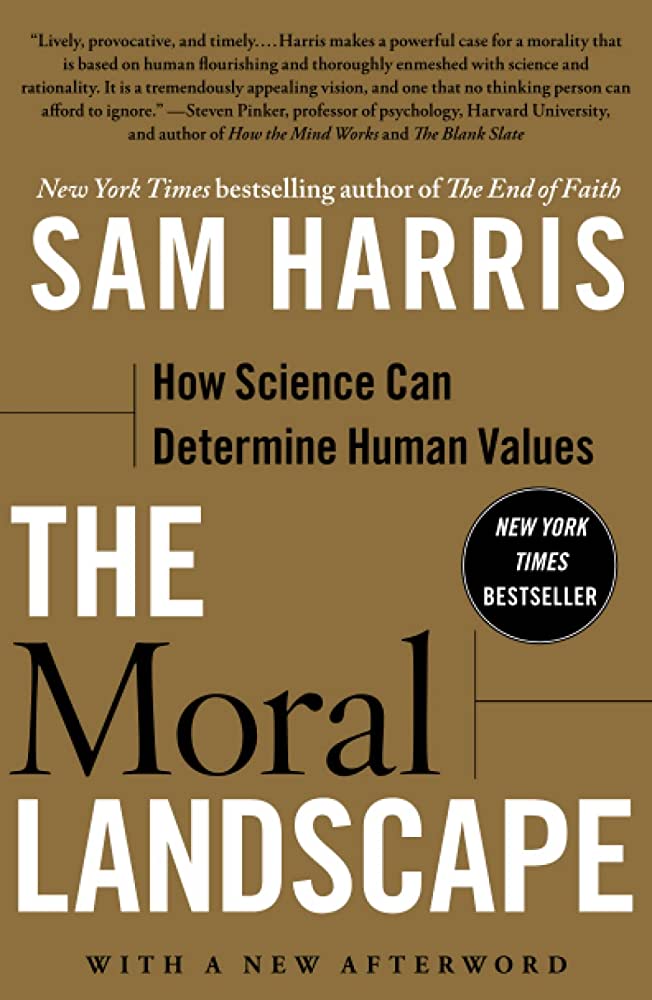
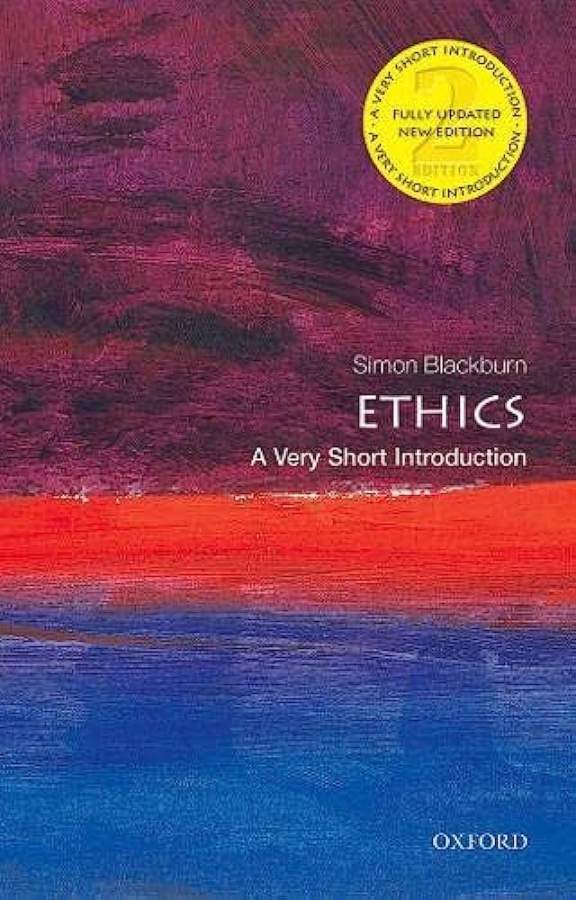



1 Comment
I am impressed the variety of books